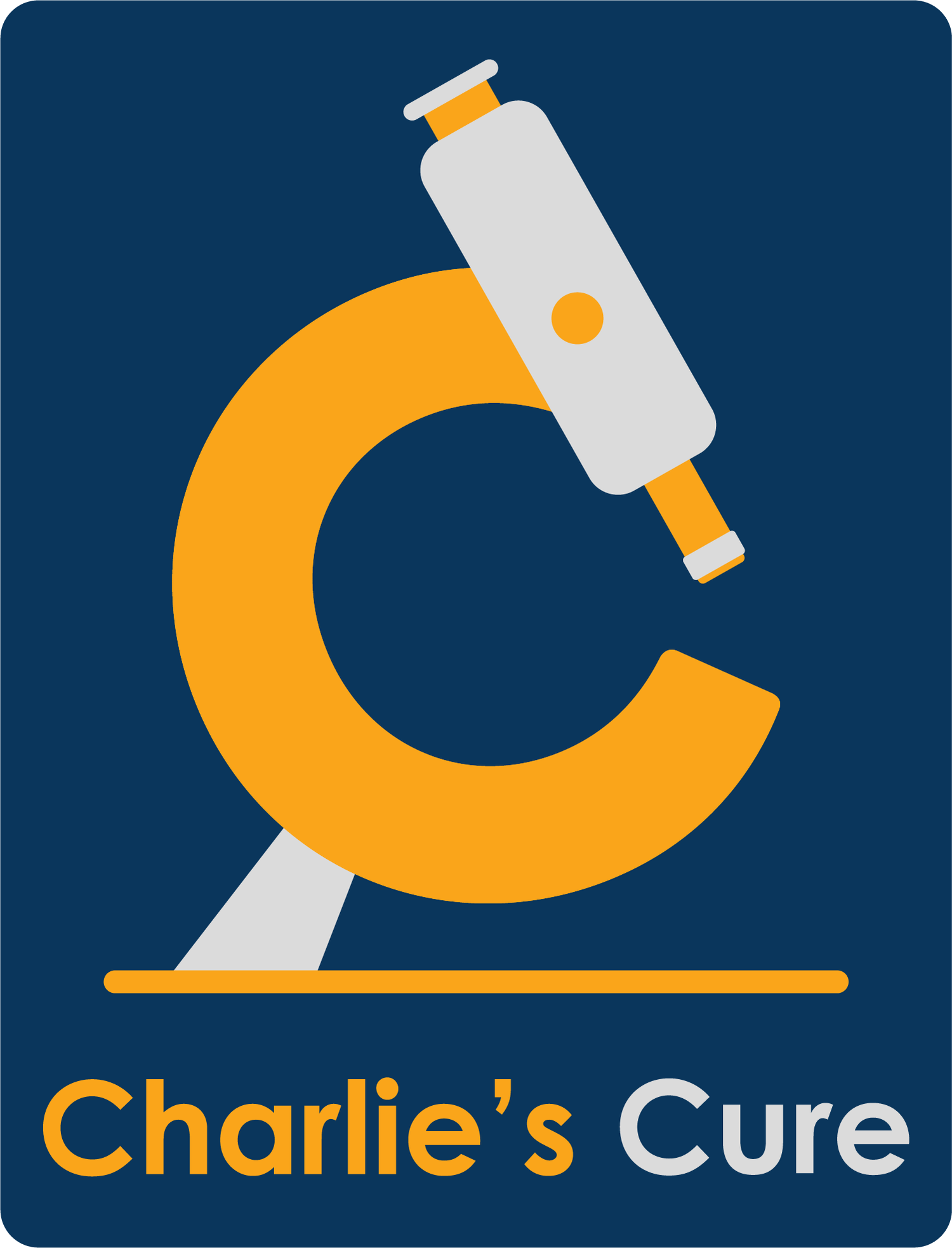Bad Behavior
Other than the guilt I’ve had to work through over being an unwitting carrier of a DMD gene mutation, the only time the word “shame” has registered as an emotion since Charlie’s diagnosis is around his behavior challenges. Today I received a call that brought that emotion to the fore.
To set the stage, I need to first explain that my little family, until now, has been a little family of rule followers. I was one (other than the trip to the principal’s office in 8th grade for saying a bad word in class, dared by a boy I crushed on). My husband was one (other than his swim team’s suspension for writing in the newly paved HS pool concrete). Our first son is one (his school transgression, singular, I hope, is still TBD). It quite honestly befuddles us to have this little renegade on our hands. I have no playbook to reference, no muscle memory of trouble to call upon. We are making this up as we go, kids.
So I find it literally painful to get a call like today’s, from our assistant principal for special education (bless her), who reported that Charlie had his worst elementary school career day today. Why he chose today, the end of a busy week when we were all hobbling toward the finish line, is a mystery. Or maybe it’s the whole explanation. Who knows what goes on in this six-year-old boy brain, where dystrophin-free cells lack the cushion to protect them from persistent fight-or-flight mode. Couple that with daily steroid use, and this little mini Hulk (thank you, LD, for the nickname) is a formidable force on both the home and school fronts.
What he was doing today: spinning in circles instead of doing his work. Requiring physical removal from the classroom. Kicking—oh, the shame—his team. Expressing keen awareness of his behavior by telling them when he was going to do it all again. Put aside the fact that this child is so bright he manages to outsmart grown adults on the daily—he said today that they couldn’t call in the principal because she’s leaving the school (which is true)—and it’s not a pretty picture.
The assistant principal asked if we knew of any therapists who specialized in Duchenne and I said, I wish. I wish instead of advising us to get our boys’ behavior under control, doctors would offer some sort of toolkit for making that so. I wish more people (beyond the amazing Dr. Natalie Truba at Nationwide Children’s, who is only one outstanding human being) would research successful strategies to use with these boys, because the regular old parenting tricks? Those rules do not apply here. Threatening to take something away? Doesn’t care. Threatening to call his parents to come and get him? Oh, please do. Positive reinforcement? Oh please.
Today, I was just plain honest. A little vulnerable, even. I told her we’re at a loss, too. That I wish I had the magic words that could prevent these kinds of days, at school and at home. I wish she didn’t have to make those calls, that we didn’t have to have these frustrating conversations on a Friday afternoon.
Sometimes when I talk about dystrophin’s impact on the brain and behavior, it feels like I’m making it up, even though I know full well that it’s a scientifically proven fact and phenomenon. It’s just so hard to explain the daily challenges we have with Charlie—so different in so many ways from those with typical children—to others. I feel like I need to convince them that this is all fallout from Duchenne, not that it’s just a convenient explanation or excuse. It feels like maybe we need to convince ourselves that we’re not doing it all wrong.

